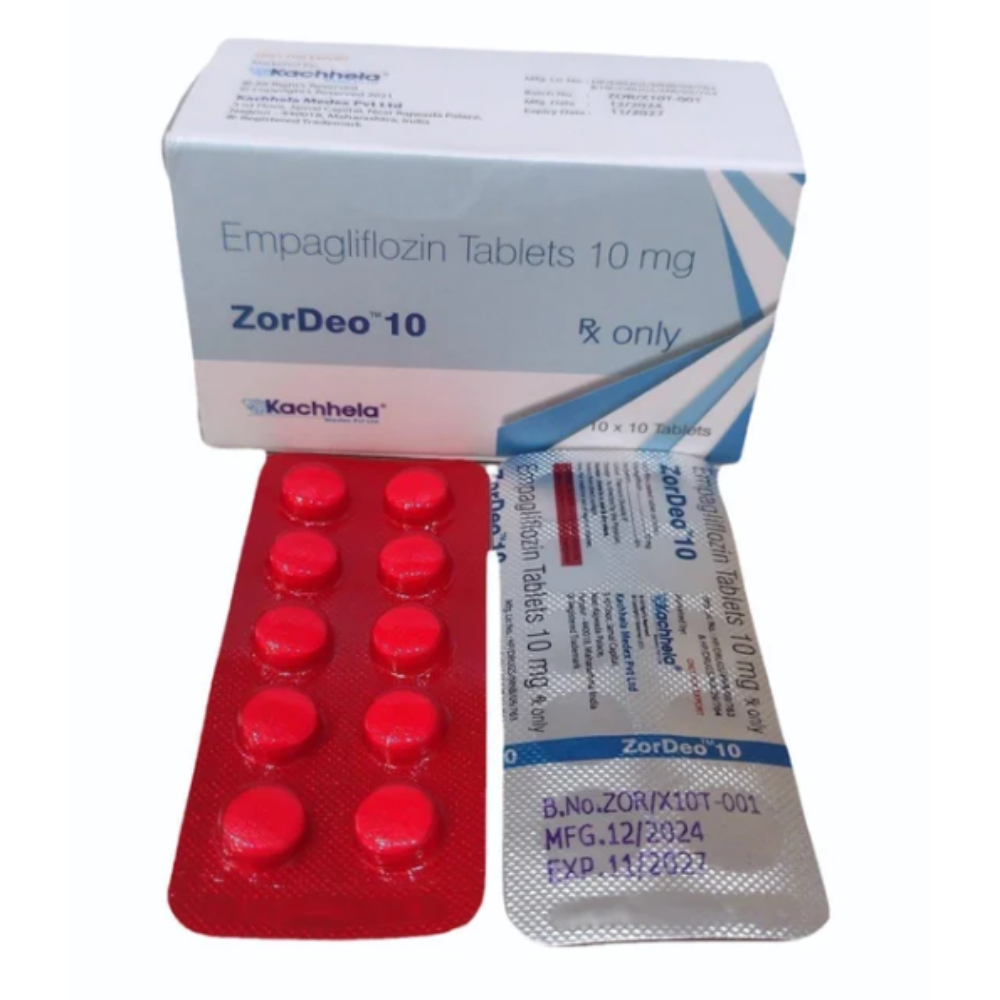fenbendazole: How It Supports Animal Welfare Today
Wiki Article
Understanding the Advantages and Uses of Fenbendazole in Vet Medication
Fenbendazole has actually developed itself as a crucial anthelmintic in veterinary medicine. Its ability to target various parasitical infections makes it an important tool for vets. The medication's device interferes with essential mobile processes in parasites, leading to reliable therapy results. Nevertheless, its security account varies in between species, demanding careful consideration in its use. Comprehending these characteristics can lose light on fenbendazole's wider implications in vet care and ongoing study into its possible beyond traditional applicationsSystem of Action of Fenbendazole

Usual Parasitic Infections Dealt With With Fenbendazole
A selection of parasitic infections are successfully treated with fenbendazole, making it a flexible choice in veterinary medicine. This anthelmintic representative is specifically efficient against nematodes, consisting of roundworms and hookworms, which frequently affect pet dogs and pet cats. It is additionally made use of for the therapy of cestodes, such as tapeworms, supplying a wide spectrum of action against both kinds of intestinal bloodsuckers. Additionally, fenbendazole is beneficial in taking care of infections brought on by protozoa, especially Giardia, which can result in intestinal distress in pets. Its effectiveness reaches dealing with specific lungworms in pooches and felines, attending to respiratory system health and wellness issues linked to these parasites. Generally, fenbendazole's ability to target multiple parasitical varieties makes it an important device in vet practice, making certain the wellness and wellness of pet dogs affected by these usual infections.Safety and Effectiveness in Various Pet Types
The safety and security and efficiency of fenbendazole vary amongst different animal species, highlighting the significance of species-specific considerations in vet medicine. In dogs, fenbendazole is typically well-tolerated and efficient versus a variety of gastrointestinal parasites, including roundworms and hookworms. For felines, however, its usage is less usual and may need careful application due to potential adverse reactions.In livestock, such as cattle and sheep, fenbendazole demonstrates performance against numerous endoparasites, adding to improved health and productivity. The pharmacokinetics and prospective side results can differ markedly between types, necessitating cautious examination by veterinarians.
Equines additionally respond positively to fenbendazole, specifically for dealing with strongyles and ascarids, though dosage and administration routes need to be customized to their one-of-a-kind physiology. Understanding these differences is crucial for enhancing therapy outcomes and ensuring pet well-being across diverse types.
Management and Dosage Guidelines
Correct management and dosage standards are essential for optimizing the healing effects of fenbendazole while decreasing possible negative effects. The dosage typically varies depending upon the species being treated, the certain condition, and the solution of fenbendazole made use of. 222 mg. For dogs and cats, an usual dose is 50 mg/kg body weight, administered daily for 3 consecutive days, however vets may adjust this based upon private wellness analysesIt is necessary to administer fenbendazole with food to improve absorption and decrease stomach trouble. The medicine is available in different forms, consisting of granules and paste, permitting this website adaptable management choices. Keeping track of the pet's feedback during and after therapy is recommended to confirm efficiency and security. In addition, veterinary guidance is important to identify the ideal duration of therapy based upon the kind of parasitical infection being attended to, guaranteeing excellent end results for the pet's wellness.
Future Perspectives and Research on Fenbendazole
Research study on fenbendazole continues to develop, concentrating on its possible applications beyond conventional antiparasitic usages. Recent research studies have discovered its efficiency in dealing with numerous kinds of cancer, especially in vet oncology. Preliminary information recommend that fenbendazole might inhibit the development of tumor cells and boost the impacts of other chemotherapeutic representatives.In addition, researchers are exploring its role in handling intestinal conditions in pets, highlighting its anti-inflammatory residential properties. The check my blog adaptability of fenbendazole for different types increases inquiries regarding its security accounts and excellent application routines in diverse populations.
As interest grows, there is a need for thorough clinical tests to establish evidence-based guidelines for these novel applications. Future research study might also investigate the mechanisms behind fenbendazole's effects, possibly leading the way for ingenious healing approaches in veterinary medication. The continuous expedition of fenbendazole could substantially boost treatment choices for different veterinary problems.

Often Asked Inquiries
Is Fenbendazole Safe for Pregnant Animals?
The security of fenbendazole for expecting pets remains unpredictable. While some research studies suggest marginal risk, veterinarians commonly suggest caution and commonly discourage its use throughout pregnancy unless the advantages clearly exceed potential risks.Can Fenbendazole Be Used in Animals?
Fenbendazole is typically made use of in animals to treat different parasitical infections. fenbendazole 222. Its efficacy versus gastrointestinal worms makes it an important anthelmintic, adding to enhanced wellness and efficiency in animals elevated for food and fiberWhat Are the Adverse Effects of Fenbendazole?

The negative effects of fenbendazole might include gastrointestinal disturbances, lethargy, and allergies. In uncommon situations, more severe responses can take place, necessitating careful tracking and assessment with a veterinarian during therapy.
How Does Fenbendazole Compare to Other Dewormers?
Fenbendazole supplies broad-spectrum efficiency against different bloodsuckers, frequently contrasting positively to other dewormers. Its unique device targets different life phases, making it reliable, while normally providing a desirable safety profile contrasted to alternatives offered on the marketplace.Can Fenbendazole Be Made Use Of for Treating Cancer in Animals?
The potential of fenbendazole in treating cancer in animals has actually gathered rate of interest. Preliminary studies suggest it visit this page might inhibit cancer cells cell growth, yet even more research study is needed to confirm its efficacy and security in veterinary oncology.Report this wiki page